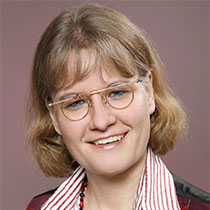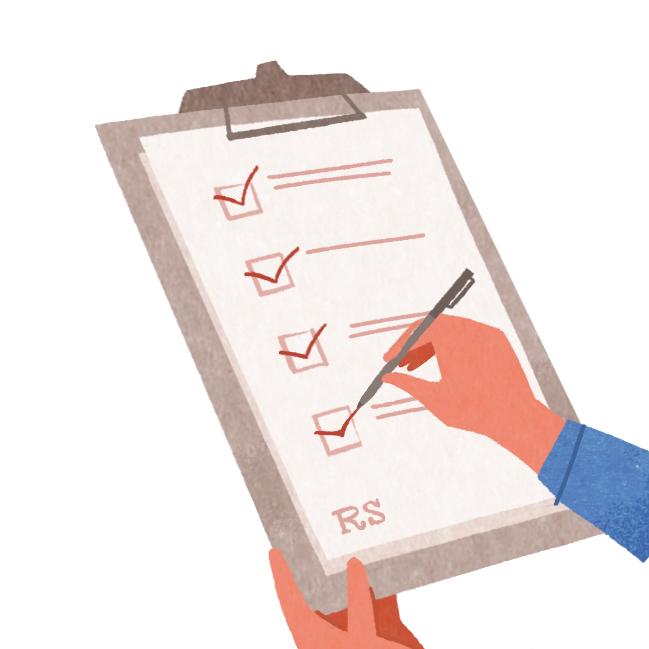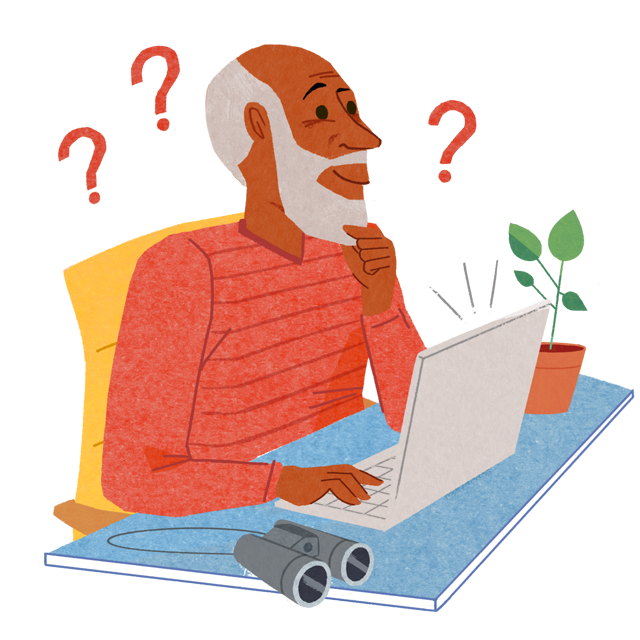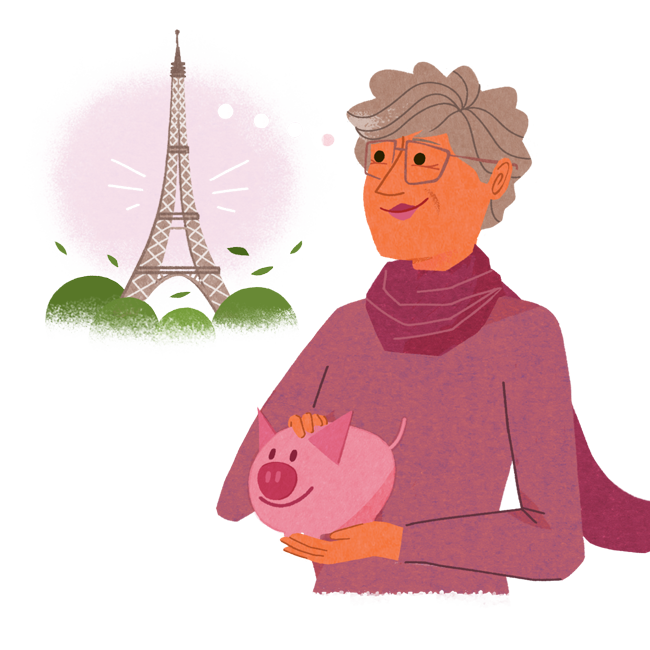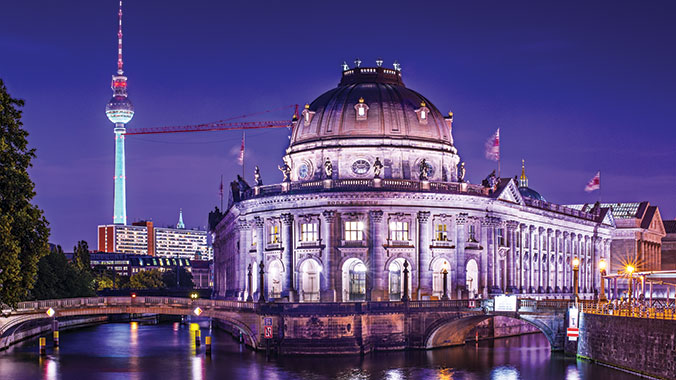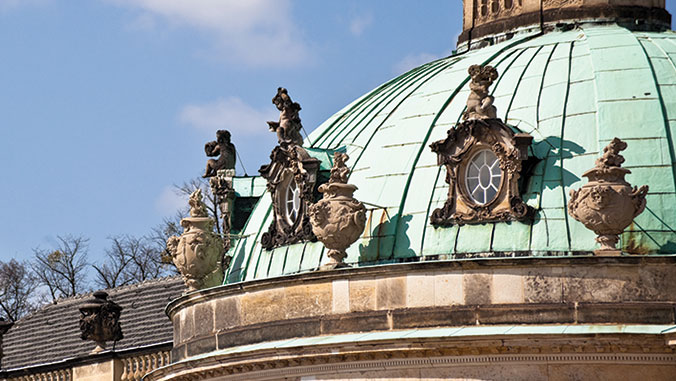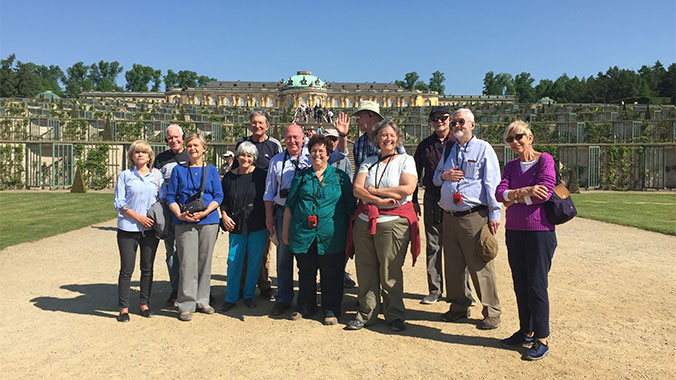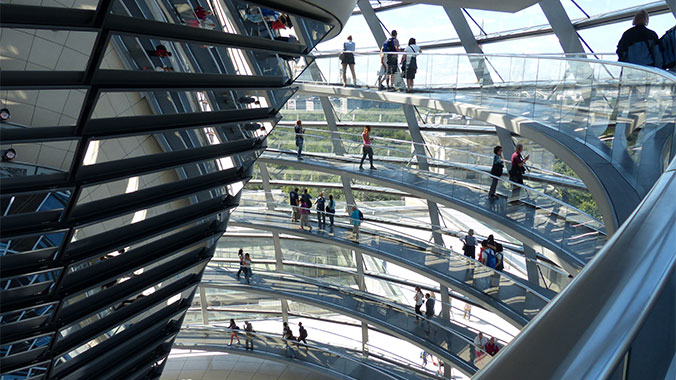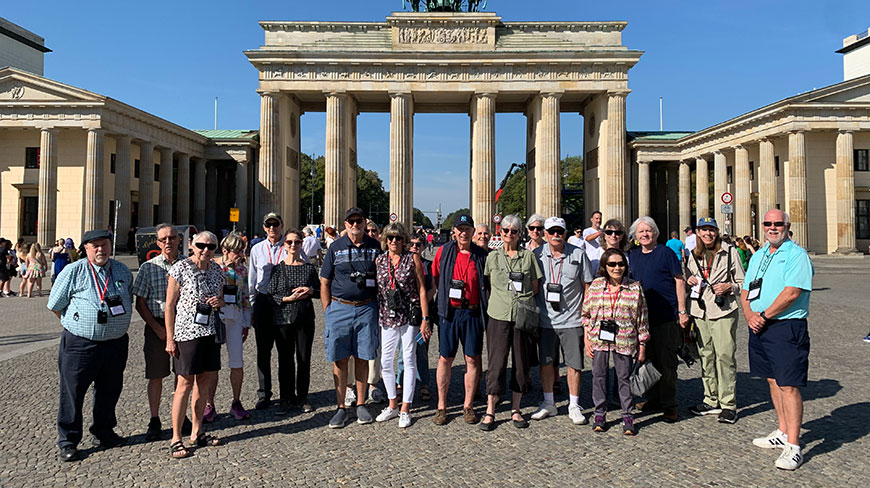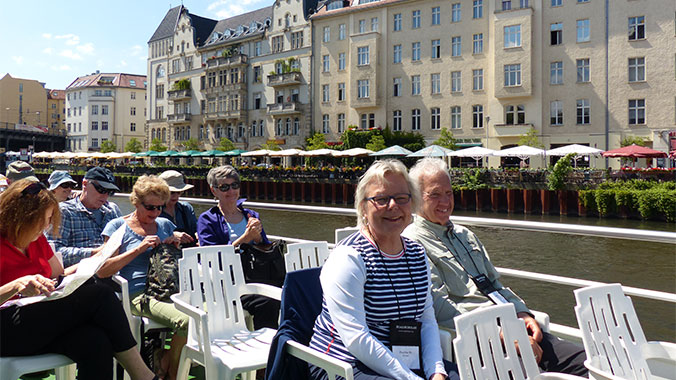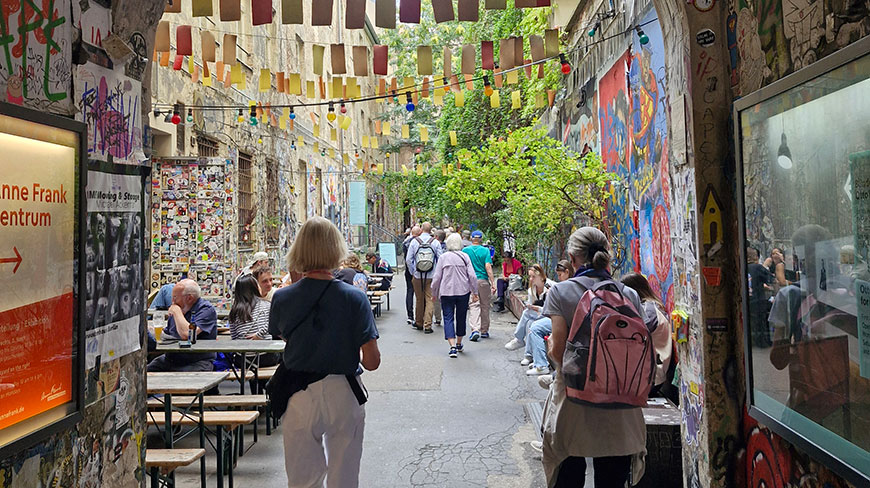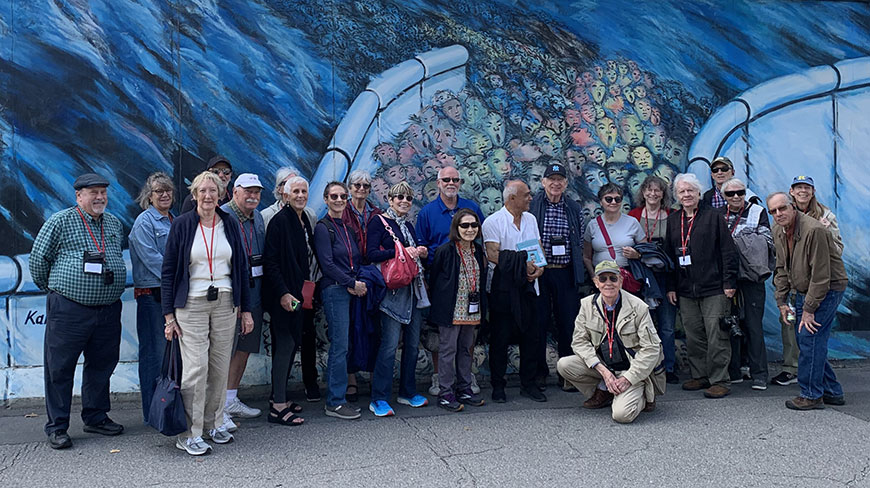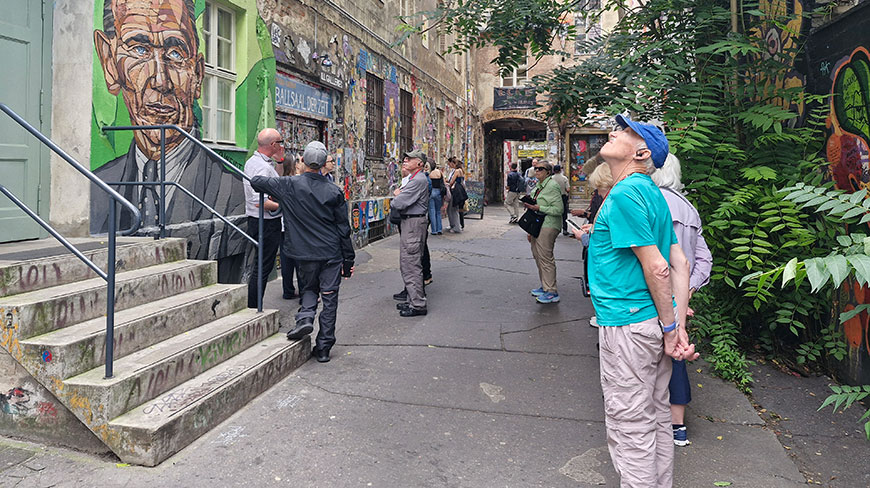Additional books with a
by focus on places or personalities
Alone in Berlin
by Hans Fallada
In 1940, in the heart of Hitler's capital, Otto and Anna Quangel are alone in Berlin with a breathtaking campaign of resistance.
Berlin Now: The Rise of the City and the Fall of the Wall
by Peter Schneider
Over the last five decades, no other city has changed more than Berlin. Divided in 1961, reunited in 1989, it has morphed over the last twenty-five years into Europe's most vibrant melting-pot of artists, immigrants and entrepreneurs. Pieces of the wall are collected around the world. Blending memoir, history, anecdote and reportage, this legendary Berliner takes us behind the scenes - from wrenching stories of life under the Stasi, to the difference between East and West Berliners' sex-lives, to a present-day investigation of its arts scene, night-life, tumultuous politics and hidden quirks - revealing what makes Berlin the uniquely fascinating place it is.
Berlin: Imagine a City
by Rory MacLean
A city devastated by Allied bombs, divided by a Wall, then reunited and reborn, Berlin today resonates with the echo of lives lived, dreams realised and evils executed. No other city has repeatedly been so powerful and fallen so low. And few other cities have been so shaped and defined by individual imaginations.
Through vivid portraits spanning five centuries, Rory MacLean reveals the varied and rich history of Berlin, from its brightest to its darkest moments. We encounter an ambitious prostitute refashioning herself as a princess, a Scottish mercenary fighting for the Prussian Army, Marlene Dietrich flaunting her sexuality and Hitler fantasising about the mega-city Germania. The result is a uniquely imaginative biography of one of the world's most volatile yet creative cities.
Book of Clouds
by Chloe Aridjis
Chloe Aridjis's beautifully evocative novel is set in today's Berlin; a young Mexican woman flees her family only to find a city that cannot escape its past.
Culture Smart! Germany
by Barry Tomalin
Offers practical advice on how to navigate social situations and understand German culture.
Five Germanys I have known
by Fritz Stern
The "German question" haunts the modern world: How could so civilized a nation be responsible for the greatest horror in Western history? In this unusual fusion of personal memoir and history, the celebrated scholar Fritz Stern refracts the question through the prism of his own life.
German Made Simple: Learn to Speak and Understand German Quickly and Easily
by Arnold Leitner
A great starting point for learning basic German phrases and grammar.
Germany: A New History
by Hagen Schulze
An accessible overview of German history, focusing on key events and developments. The author, Hagen Schulze (31 July 1943 – 4 September 2014) was a German historian who held a position at the Free University of Berlin. He specialized in early modern and modern German and European history, particularly in comparative European nationalisms. He was a visiting fellow in Oxford and in Princeton.
Germany: Memories of a Nation
by Neil MacGregor
From Neil MacGregor, the author of A History of the World in 100 Objects, this is a view of Germany like no otherFor the past 140 years, Germany has been the central power in continental Europe. Twenty-five years ago a new German state came into being. How much do we really understand this new Germany, and how do its people now understand themselves?
Lonely Planet German Phrasebook & Dictionary
by Lonely Planet
Handy for travelers who need quick access to common phrases and vocabulary.
March Violets
by Philip Kerr
Freelance detective Bernie Gunther works on the mean streets of 1930s Berlin, where Nazi excesses are never far from the surface.
Stasiland
by Anna Funder
Not surprisingly the fall of the Berlin Wall caused panic at the Stasi headquarters, as described in Anna Funder's riveting portrait of East Germany's secret police and how it controlled a nation.
The Awful German Language
by Mark Twain
In this essay Twain lets the reader participate in his experiences of learning the German language by describing its absurdities in a very humorous way.
The Berlin Wall Story
by Hans-Hermann Hertle
Where did the Berlin Wall actually stand? Why was it built? How did people keep managing to escape across it – and how many died in the attempt? Why did it come down in the end?
Numerous previously unknown photographs document the construction of this barrier system of barbed wire, alarm fences and concrete. Spectacular escape stories and shocking deaths are chronicled here in words and images, as are the dramatic events surrounding the construction and the fall of the Wall. A stunning survey of the Berlin Wall – the central symbol of the Cold War.
The German Way: Aspects of Behavior, Attitudes, and Customs in the German-Speaking World
by Hyde Flippo
A useful guide to understanding German customs, etiquette, and social norms.
The Innocent
by Ian McEwan
After England, the cold war Berlin of 1955 is like no place Leonard Markham has ever experienced: surreal, complex and dangerous.
The Invention of Nature: Alexander von Humboldts New World
by Wulf, Andrea
The author reveals the forgotten life of Alexander von Humboldt, the visionary German naturalist whose ideas changed the way we see the natural world—and in the process created modern environmentalism.
Alexander von Humboldt (1769–1859), born and educated in Berlin, was an intrepid explorer and the most famous scientist of his age.
The Shortest History of Germany
by James Hawes
A concise and engaging account of Germany's history, helping to contextualize its present.
Why the Germans Do It Better: Notes from a Grown-Up Country
by John Kampfner
A look at modern Germany's achievements and challenges, offering a balanced view of the country's contemporary society.
